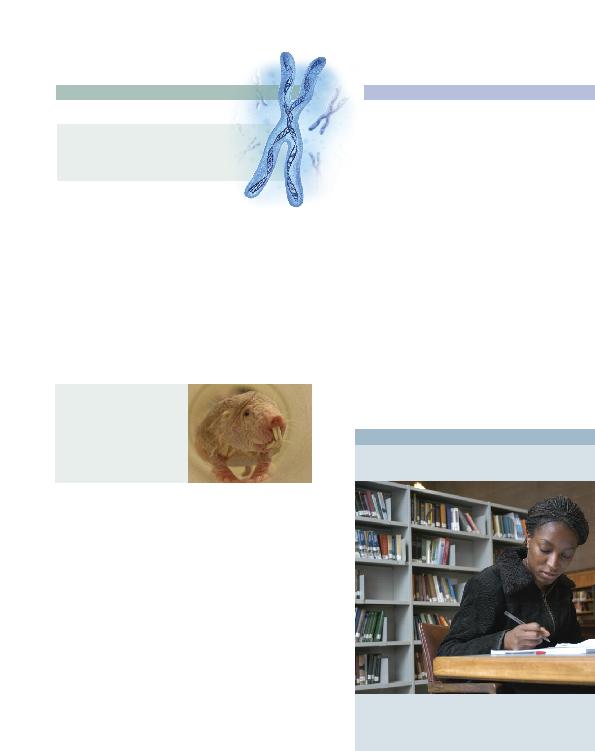
interdisciplinary centre dedicated to energy
research in the North West.
Robert Stephenson, will undertake research into renewable
energy sources such as fuel cell technology and biofuels.
challenges of the 21st century. The Stephenson Institute will
bring together energy-related research activities to focus on
developing clean and sustainable energy technologies
including hydrogen generation and storage, solar harvesting,
wind and marine energy and fusion technology.
energy-related projects and technologies providing them with
relevant skills and knowledge to meet the UK and global
demand for graduates in this emerging job market.
institute to develop
sequencing data of the naked mole-rat, a rodent that is
resistant to cancer and lives for more than 30 years.
It has a lack of pain sensation in its skin and has a low metabolic rate that
allows it to live underground with limited oxygen supply.
rat to understand its longevity and resistance to diseases of ageing.
Researchers will use the genomic information to study the mechanisms
thought to protect against the causes of ageing, such as DNA repair and
genes associated with these processes.
are not present in other rodents or in humans. Researchers at Liverpool
are analysing the genomic data and making it available to researchers in
health sciences, providing information that could be relevant to studies in
human ageing and cancer.
sequence
DNA of
rodent
invested more than £20 million to attract
additional world-class researchers.
leading expertise from medicine, biomedicine, veterinary
health and biological sciences, creating one of the most
comprehensive groupings of researchers in the UK.
They are designed to enable new interdisciplinary
alliances and close engagement between clinical and
non-clinical research groups in both human and
animal health.
to recruit more